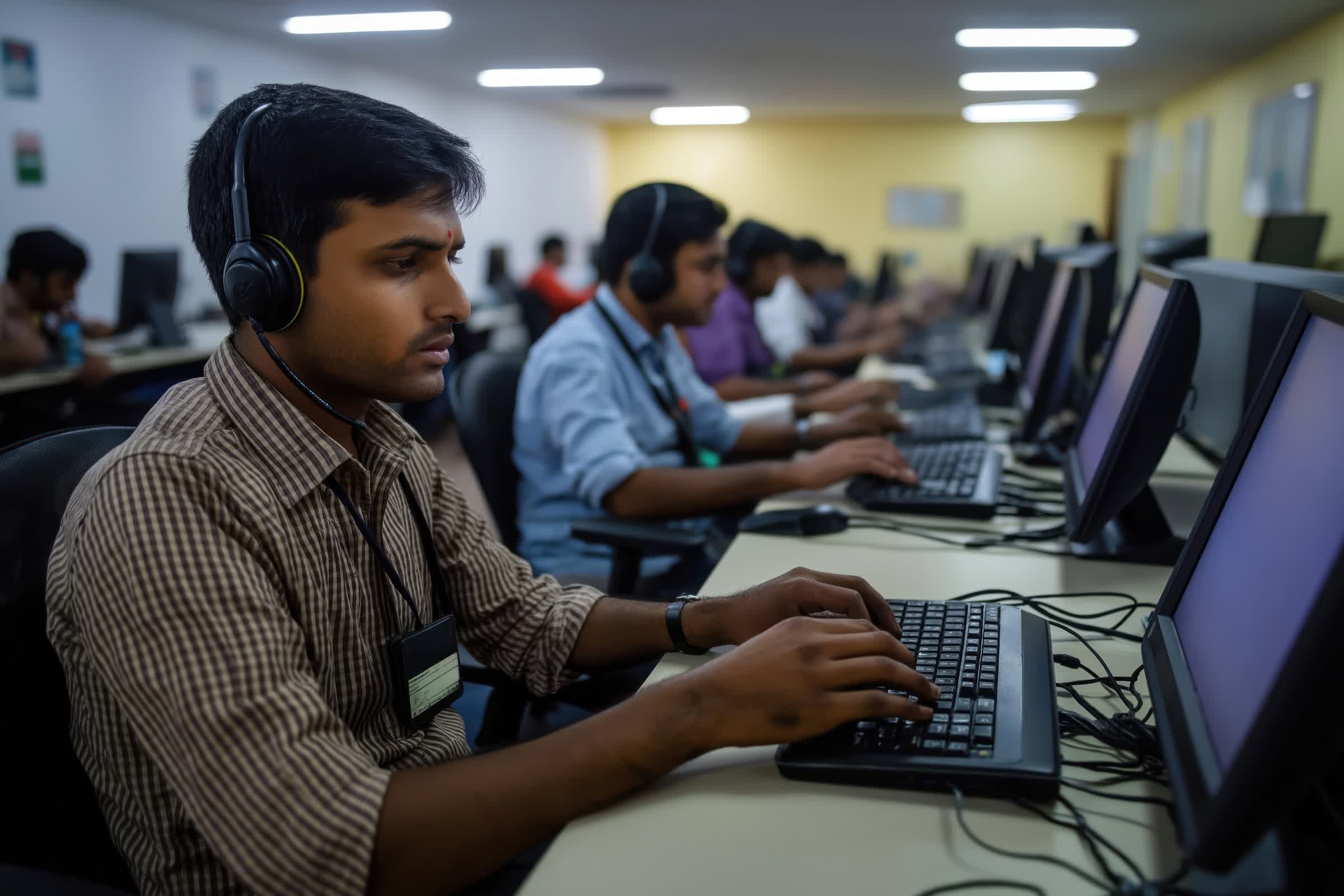The big picture: Long recognized as a destination for information technology and support outsourcing, India is now attracting new investment from companies such as McDonald's and UK insurer Bupa, which are setting up global capability centers designed to manage big-data tasks. These centers, often based in major cities like Bengaluru, now assume high-stakes roles that include remotely monitoring industrial equipment and delivering personalized consumer recommendations.
The movement is not simply a play for lower labor costs; it reflects an escalating need for advanced AI abilities that are in short supply at home for many multinational firms. As recruitment costs for AI engineers in Western markets surge, the potential for "deep, scalable AI expertise" in India stands out. Lalit Ahuja, chief executive of ANSR, a consultancy advising on global capability centers, told the Financial Times that these centers now "bridge the gap" for international employers. "As a result, GCCs are rapidly emerging as a strategic AI backbone for many of these organisations," he told the publication.
Tesco offers a clear example of this evolution. When the UK-headquartered retailer established its Bengaluru centre in 2003, it was primarily a hub for back-office cost savings. However, today, under the leadership of Tesco Business Solutions' chief executive, Sumit Mitra, the focus has shifted to intelligence-driven value. "It's gone from being a labor arbitrage story' to an 'intellectual arbitrage story,'" Mitra said.
Nearly 5,000 employees at the Bengaluru centre are responsible for core functions such as analytically monitoring fridge temperatures worldwide and identifying which units require replacement. Controlling these systems centrally, Mitra said, has helped Tesco save "millions of pounds" annually by reducing food waste.

India's advantage in the AI age rests on its vast workforce and increasing access to sophisticated technology resources. Rohan Lobo, who leads the GCC practice for Deloitte in South Asia, noted that although India trails the US and China in AI innovation, GCCs have the chance to change the equation by leveraging large language models and other tools available through their global parent companies. "As AI becomes a core part of growth for many companies, you want to keep that as a strategic competitive driver and advantage and you want to keep it in house," he said.
GCCs are not just supporting existing products; they are also testing new technologies meant to "innovate back into the rest of the world," according to John Lombard, Asia-Pacific head of NTT Data. The push is toward high-value contributions, and a quarter of the largest centers are now developing capabilities in areas like agentic AI and advanced analytics, said Jaspreet Singh, who leads the GCC practice at Grant Thornton Bharat.
Singh explained that while India's largest cities have infrastructure to support these operations, broader investment is needed for training and retention to stay ahead of new hubs emerging in places like Eastern Europe. "Otherwise, we risk losing ground to emerging global hubs like Eastern Europe."
India's back office sector has undergone rapid expansion, increasing from $11.5 billion in revenue and 400,000 employees in 2010 to $65 billion and 1.8 million workers in 2021. Consultancy Inductus predicts this figure may reach $100 billion by 2030. The role of research and development is growing, making up 55 percent of sector revenue in 2023, up from 45 percent eight years earlier.
However, as the sector advances, so do the challenges of training technology graduates for market needs – a point highlighted by analysts at Goldman Sachs, who view workforce readiness as a key obstacle.
For Priyank Kharge, electronics and IT minister for Karnataka – the state that houses nearly 40 percent of India's 1,800 GCCs – the sector's transformation marks a new era for the country's economy. India, he said, is no longer viewed only as a service provider, but as "an ecosystem that can deliver on innovations and inventions [and] provide solutions and products on scale."
